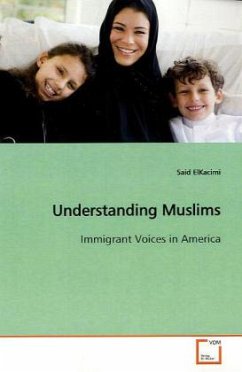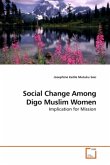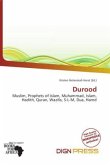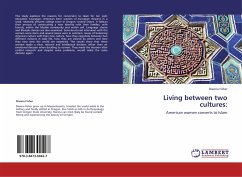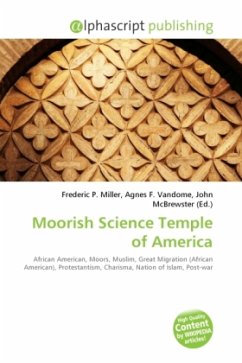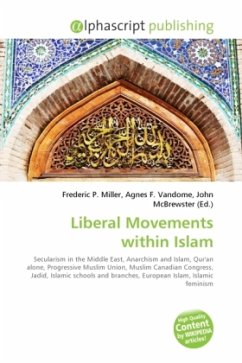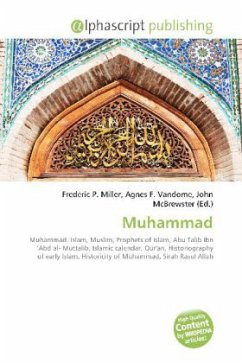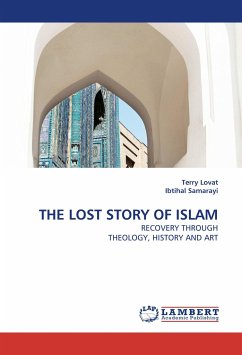This study was designed to provide insight into the
Muslim community in the United States, its social
life, aspirations, and beliefs, as well as how the
community desires to be seen and treated by their
host society. The sociocultural insights gleaned
inform scholars and educators how to design social
services and curriculum for schools that respect the
Muslim community and acknowledge their role in the
cultural pluralistic life of the nation. This study,
comprised of a series of interviews with Muslim
immigrants, provides diverse and complementary
perspectives that should help American institutions
understand the Muslim community and the social
forces, both positive and negative, which affect its
integration, and assist in successful intercultural
communication. The study will also provide
Americans with a better understanding of the various
backgrounds of the Muslim immigrant population,
which will engender increased respect for their way
of life. This study is a precursor for further
scholarly researches that seek to find new ways of
solving the tensions between the Muslim population
and the rest of American society.
Muslim community in the United States, its social
life, aspirations, and beliefs, as well as how the
community desires to be seen and treated by their
host society. The sociocultural insights gleaned
inform scholars and educators how to design social
services and curriculum for schools that respect the
Muslim community and acknowledge their role in the
cultural pluralistic life of the nation. This study,
comprised of a series of interviews with Muslim
immigrants, provides diverse and complementary
perspectives that should help American institutions
understand the Muslim community and the social
forces, both positive and negative, which affect its
integration, and assist in successful intercultural
communication. The study will also provide
Americans with a better understanding of the various
backgrounds of the Muslim immigrant population,
which will engender increased respect for their way
of life. This study is a precursor for further
scholarly researches that seek to find new ways of
solving the tensions between the Muslim population
and the rest of American society.

